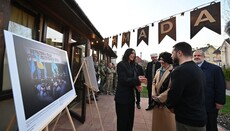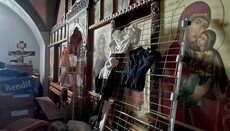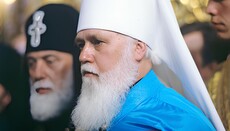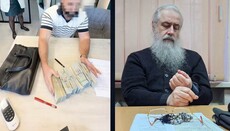Whom should UOC parishioners believe: the “good” cop or the “bad” one?
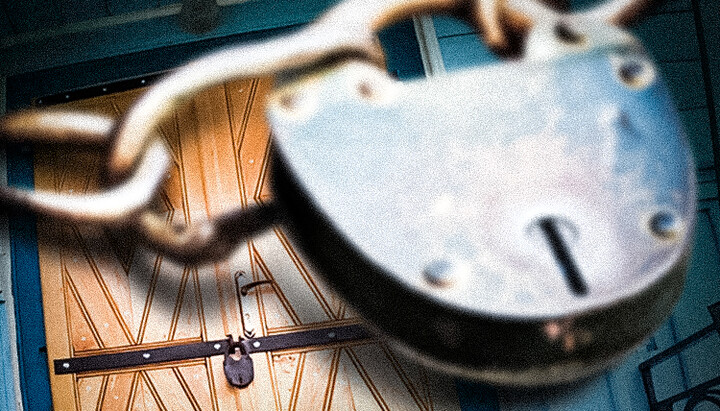
We’re seeing two directly opposite statements from officials. So whom should we believe?
DESS deputy head Viktor Voynalovych stated that as a result of liquidating UOC structures, the government will not close churches, and parishioners will not suffer in the least.
“We are not talking about closing churches, we are not talking about halting any religious activity or holding services in churches. It is not about closing a church – absolutely not,” Voynalovych assures.
And then one recalls the remarks made back in the spring by MP Mykyta Poturayev, chair of Parliament’s Committee on Humanitarian and Information Policy, regarding the consequences of banning the UOC.
According to him, if churches or other property are owned by the state, UOC communities will be driven out. Moreover, even in those rare cases when a church is privately owned, services there will be prohibited.
“It may remain with them – private property is inviolable here. But otherwise – sure, let them store vegetables there, trade goods, I don’t know, open a casino – that’s their business, it’s their private property. They just won’t be able to use it to glorify their Gundiayev,” the MP said mockingly.
As we can see, two diametrically opposed statements from officials. So whom should we believe?
Once upon a time, the current mayor of Dnipro, Borys Filatov, became famous for this line: “One must give scum any promises, guarantees, and make any concessions. … And hang them… Hang them later.”
It seems wise to view Voynalovych’s assurances precisely in this light.
